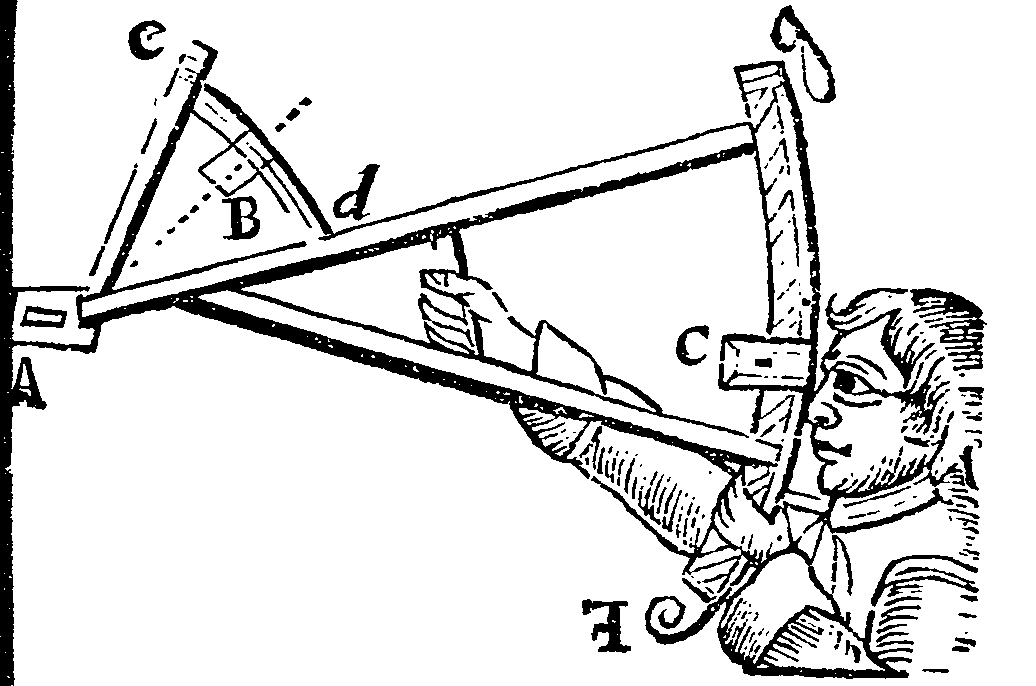
On Automatic Correction and the Futility of Wordlists.
Or, words for the wordle wreble
by J. L. David
Preface
Five tiles of gray flip left over right; a graceful reveal of each letter beneath. Yellow encourages, green offers dopamine. Open each day with a reliable word—crate, crane, lane. Cover the fundamentals; R, S, T, L, N, E. Splendid. Never waste a letter, do not be too ambitious, should one search for narrow five letter words, a plague upon their home.
Under the weight of social distance and unwilling witness to the near instantaneous politicisation of the pandemic, Wordle was a humble, unassuming vehicle for connection. Stagnant message groups with friends and family came alive with new purpose; the daily wordgame continues to be a regulated dose of personal growth and shared activity.
Genius. Impressive. Even the sympathetic “Phew!”. Every line of code in Wordle is written with pleasantry. Unless, of course, you seek the gratification that only exists outside of the code; an animation that is meant to say no, incorrect. This word does not exist. ERR: failed to process request due to uncaught exception. When the five tiles that shake in synchronicity— this is valuable territory for intellectual curiosity. When a player is short on guesses, or more bluntly, when one is toiling in the final stage of vocabular desperation, it is common to enter any number of available letters. It is not wholly unexpected that the game reject such attempt.
Now, this area is also where Wordle rebellion thrives– along the border between expectation and reality. Instead of rejecting the attempt with an opinionated sforzato, the five tiles roll across with a tenuto so sweetly orchestrated to say, congratulations. You have unlocked a secret word.
Five green tiles means the player has read the rules. Putting one’s phone down in disbelief that such word actually does exist– that is the objective.
I began keeping a list of these words. As of this writing, it stands with the health of thirty-two words, and continues to grow.
SPELL
It is well known that spell check was introduced through Microsoft’s Word text editor, built into furniture-sized personal computer, Windows. It not commonly known, however, that credit there is not credit due.
MIT senior research scientist Les Earnest developed a program to identify words within bitmap images of handwriting. This experimental cursive handwriting recognizer generated a series of candidate words that matched the handwritten, then listed all the plausible matches. Later refined by graduate student recruit Ralph Gorin, the program was upgraded with a new feature, allowing the writer to interact with word suggestions for those unidentifiable. Why? Well,
“It became evident that poor spellers needed help. Mea culpa.”
–Earnest, a draft white paper
SPELL was made publicly available, and thanks to Old Father ARPAnet, it spread around the world. A decade later, it was baked in to the personal computer.
SCOWL
Just as there is no singular, definitive English language dictionary, there is no universal EN-GB wordlist used by English language word correction software. For example, iOS might autocorrect Prok to Pork, a notes app might take Prok to Prod, while your browser may just underline Prok with bright red line, you dummy.
Thankfully, our friends at GNU created and maintains a database of all things wordlist, appropriately, Spell Checker Orientated Word Lists (SCOWL). They host a simple webapp to check if a word exists the entire collection of wordlists. To exist or to not exist is, in itself, is insufficiently informative; the five shaking tiles phenomenon. For every word, they provide a frequency score (based on Google’s massive public books Ngram dataset), a newness score (higher number = newer word), and shows similar common, or less common, words. Ranked by correlation to the input word, these are often scripted into autocorrect programs.
Ploit
This word is not in the OED. At least, not in this five-letter form. Based on similar entries, it seems plausible this is a bastardisation of verb “ploitering”.
Ploiter, v. [Akin to PLOUTER.] intr.
To work in an ineflective way, to potter; to dawdle.
1858 DE QUINCEY. IX. 269 She shifted her hand, and ‘ploitered amongst the papers for full five minutes.
1895 IAN MACLAREN Drier Bysh VIL. i, What are ye ploiterin’ about here for?
